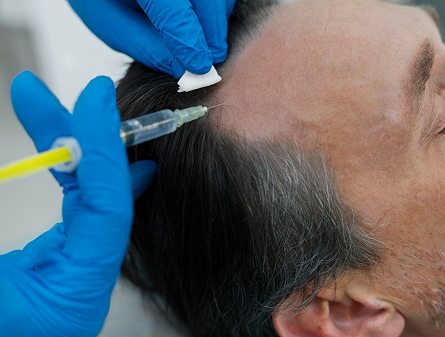Platelet-rich plasma (PRP) treatment involves taking blood from the patient and isolating the PRP to then inject it back into the scalp. By stimulating the scalp with PRP hair follicles can be stimulated thanks to the healing properties of plasma.
Hair vitamins are typically oral supplements that can help counteract the effects of nutrient deficiencies that can cause hair loss. There is a range of vitamins available that can help a range of different hair loss types. PRP treatment is a minimally invasive procedure that must be performed in a clinic by trained professionals.
Hair vitamins can be taken at home and easily incorporated into your daily routine, but you should seek medical advice before starting them. Check out the comparison table below to see if PRP or hair vitamins are right for you.
- PRP is a clinic-based treatment that uses platelet-rich plasma to stimulate follicle activity and encourage regrowth.
- Involves multiple sessions and regular maintenance.
- Non-surgical and minimally invasive.
- Favoured by individuals experiencing early to moderate thinning.
- Requires professional administration.
- Hair vitamins are over-the-counter supplements designed to improve scalp and follicle health by addressing nutritional deficiencies.
- Taken daily and widely available.
- Ideal for general hair wellness rather than targeted regrowth.
- Suitable for those preferring non-clinical solutions.
- Results depend on individual nutrient needs.
- PRP costs significantly more due to clinic sessions, specialised equipment, and repeat visits.
- Compared to hair vitamins, it requires a larger ongoing financial commitment for visible results.
- Hair vitamins are inexpensive and available in supermarkets and pharmacies.
- Unlike PRP, they are more budget-friendly and accessible, though less likely to yield dramatic regrowth.
- PRP sessions are usually spaced monthly for 3–6 months, followed by semi-annual maintenance.
- Unlike hair vitamins, each session is short but requires consistent scheduling and long-term planning.
- Hair vitamins are taken daily and are often used continuously over months.
- Compared to PRP, they are more flexible and require no appointments, though they may take longer to show subtle improvements.
- PRP involves injecting concentrated plasma from the patient’s blood into the scalp to restore and revitalise follicles.
- Unlike hair vitamins, it is a localised, direct treatment for the affected areas.
- Hair vitamins provide essential nutrients like biotin, zinc, and iron to support overall hair well-being.
- In contrast to PRP’s precision strategy, they address general nutritional imbalances and may not remedy follicle issues directly.
- PRP is generally safe when conducted by trained professionals, but has minor side effects like swelling or redness.
- Compared to hair vitamins, it involves more procedure-related risks but no systemic side effects.
- Hair vitamins are low risk for most users but may cause side effects if taken in excess.
- Unlike PRP, they can interfere with other supplements or medications if not appropriately monitored.
- PRP requires multiple clinic visits, sterile equipment, and professional care, which may not suit all lifestyles.
- Compared to vitamins for hair, it is more inconvenient and time-consuming.
- Hair vitamins can be easily added to daily lives without clinical assistance.
- In comparison to PRP, they take minimal effort, so they are perfect for patients who want non-invasive solutions.
- PRP is limited to specialist clinics and requires professional handling, making it less accessible in remote areas.
- Access is more restricted and cost-prohibitive for some users than hair vitamins.
- Hair vitamins are widely available over the counter and online in Australia.
- Unlike PRP, they are accessible to nearly everyone without requiring medical consultation or travel.
- PRP provides visible results that are sustainable with consistent maintenance.
- If treatment stops, results may gradually fade, unlike vitamins, which can be taken continuously at home.
- Hair vitamins offer mild but consistent improvement as long as they’re taken daily.
- Compared to PRP, results are more subtle and depend heavily on whether nutrient deficiency exists.
- PRP pairs well with microneedling and can be used alongside hair vitamins for enhanced follicle response.
- Compared to vitamins alone, it offers stronger clinical stimulation when used in combination with other treatments.
- Hair vitamins are often combined with PRP or topical treatments to support internal health.
- In contrast to PRP, they complement rather than directly drive scalp regeneration and growth.
- PRP appeals to users seeking a medical-grade treatment and who are willing to invest in a specialist-led approach.
- Compared to vitamins, it offers more visible and procedural reassurance.
- Hair vitamins appeal to users seeking an affordable, less clinical path to healthier hair.
- Unlike PRP, they offer peace of mind through simplicity and accessibility, but may disappoint those expecting rapid regrowth.
- PRP improves blood circulation and reduces inflammation in the scalp while restoring follicle vitality.
- Compared to vitamins, it offers more immediate and targeted effects on hair regeneration.
- Hair vitamins support general hair strength, reduce breakage, and improve shine if nutritional gaps exist.
- In contrast to PRP, they do not activate dormant follicles and work best as a support rather than a primary solution.
- PRP generates waste from single-use medical supplies and requires clinic travel, increasing the carbon footprint.
- Compared to vitamins, this makes it a more resource-intensive option.
- Hair vitamins come in compact packaging with minimal waste and do not require clinic visits.
- Unlike PRP, their environmental impact is lower and more sustainable for everyday use.
Shop our hair solutions
We are committed to providing affordable hair regeneration services for people all over Australia. Our formula can help you regain your confidence.
Shop Now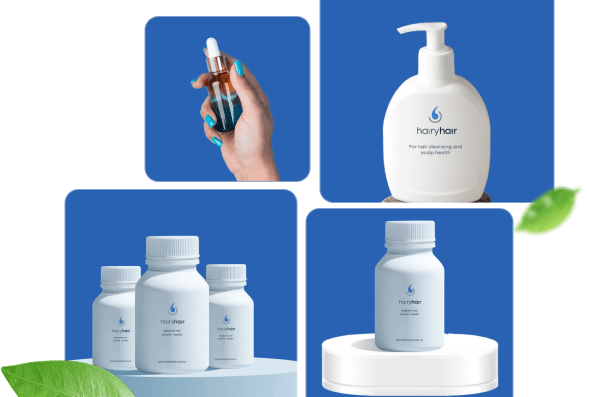
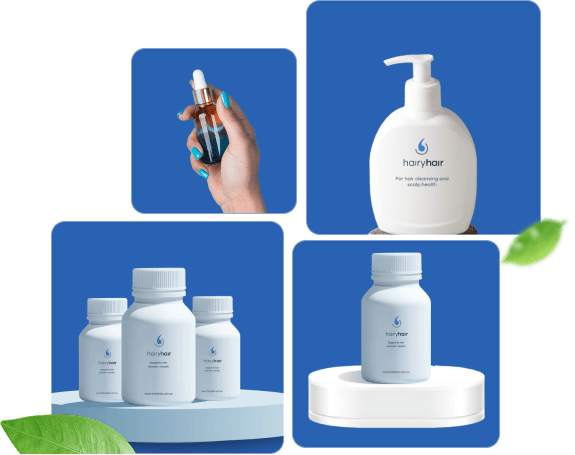
PRP vs Hair Vitamins for Hair Regrowth Comparison Summary
PRP treatment has not been approved for use as a hair loss solution but studies have indicated that it could be effective. The effectiveness of hair vitamins can depend on whether you have a nutrient deficiency that is causing your hair loss.
Hair vitamins have a relatively low cost as a treatment with a monthly supply being more affordable than a PRP treatment session. The availability of hair vitamins is also better since they can be ordered online whereas you will need to visit a clinic for PRP treatments.
Hair vitamins and PRP treatment will take around the same time to see results but can depend on the individual’s response. Hair vitamins are considered safe but caution should be taken to not over-consume certain vitamins which can cause hair loss or other health issues.
PRP treatments are generally well-tolerated but some side effects include initial hair shedding, headaches, allergic reaction or swelling.
User Guidance
PRP treatment may be suitable if you are in the early stages of hair loss and are looking for a semi-regular solution to regaining hair. Hair vitamins need to be taken consistently to see results and must be incorporated into your daily routine.
PRP treatments are compatible with other clinical treatments like microneedling or can be done in combination with pharmacological solutions like minoxidil or finasteride. Hair vitamins can be combined with other treatments that target different causes of hair loss such as dihydrotestosterone (DHT).
Vitamins can have a wide-ranging impact on your health from an improvement in dental health to promoting wound healing. PRP treatments can improve the health of your scalp, alongside being used for other issues like pain management and acne.
Take Our Hair Loss Quiz to See Which Treatment Suits You?
Take A Hair Quiz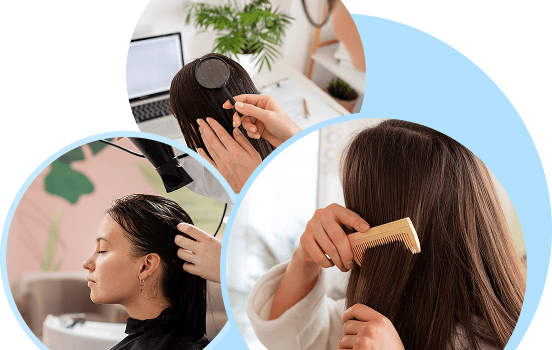

Frequently Asked Questions
We have put some commonly asked questions.
Nunc scelerisque tincidunt elit. Vestibulum non mi ipsum. Cras pretium suscipit tellus sit amet aliquet. Vestibulum maximus lacinia massa nontor.
Platelet-rich plasma (PRP) treatment involves drawing blood from the patient, isolating the beneficial nutrients and injecting it into the scalp where hair loss is occurring. This promotes hair growth and has many other applications from encouraging healing to skin rejuvenation.
Platelet-rich plasma (PRP) treatment involves drawing blood from the patient, isolating the beneficial nutrients and injecting it into the scalp where hair loss is occurring. This promotes hair growth and has many other applications from encouraging healing to skin rejuvenation.
Platelet-rich plasma (PRP) treatment involves drawing blood from the patient, isolating the beneficial nutrients and injecting it into the scalp where hair loss is occurring. This promotes hair growth and has many other applications from encouraging healing to skin rejuvenation.
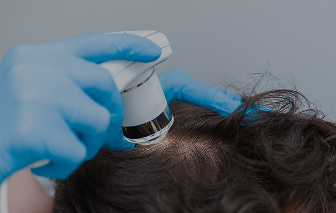



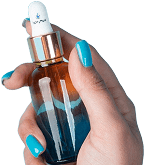
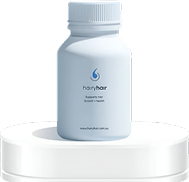
 See All
See All